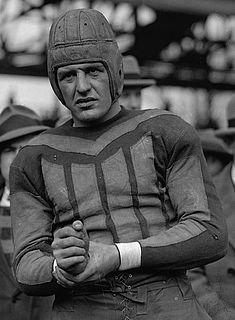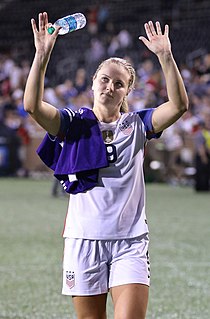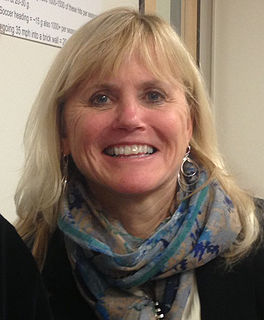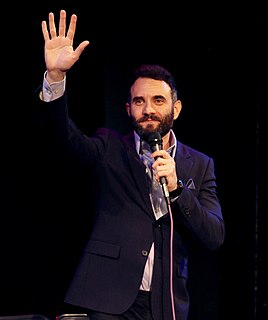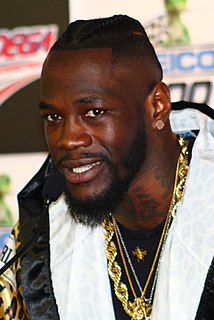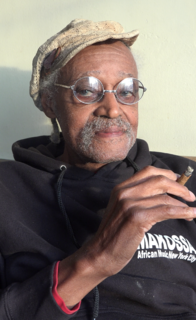A Quote by Red Grange
A professional player is smarter than a college man. He uses his noodle. He knows what to do and when to do it. He rarely goes up in the air as is the case with most of our college players when they get in a tight place.
Related Quotes
I was thrown into a position where I had to learn a new language, become professional and not be just that child anymore coming into a team. I was able to learn from players that were so experienced at such a high level. You can't get that anywhere else. Nothing against college, but you can't get that in college.
I think school is very important and I personally had a great experience at North Carolina, which helped shape me as a basketball player and a person. Every once in a while, you will have a player who can make the jump and have an immediate impact on the professional level, but most of the players who come out would absolutely benefit from going to college.
The saving of empty beer and liquor bottles is a strange college phenomenon. I bet most of you college students reading this right now have some empties on a shelf in your room. Everyone knows how much college kids like to drink, do we really need to display it? It's a good thing, though, that this trend stops after college. Wouldn't it be weird if your parents had empty wine bottles up on their bedroom wall?
When I went to college, I went to a junior college. I wanted to go to the University of Alabama but had to go to junior college first to get my GPA up. I did a half-year of junior college, then dropped out and had my daughter. College was always an opportunity to go back. But she, my daughter, was my support. I gave up everything for her.
The ticket out of the Depression was an education, a college degree. It really didn't matter if you knew anything. You just had to have the degree. My dad, up until the last two years of his life, thought he had failed miserably with me 'cause I didn't go to college. I mean, you've seen postgame interviews with the star of the game and the players always talk about how proud his parents are because he's the first guy in his family ever to attend college. I'm the first in my family not to! I'm the first of my family not to have a degree. It's thrown everybody for a loop.
Our mission at Khan Academy is a free, world-class education for anyone, anywhere, and college readiness is a crucial part of that. We want to help as many students as possible prepare for college and for life, and since the SAT measures preparedness for college, our partnership with the College Board is a natural fit.
